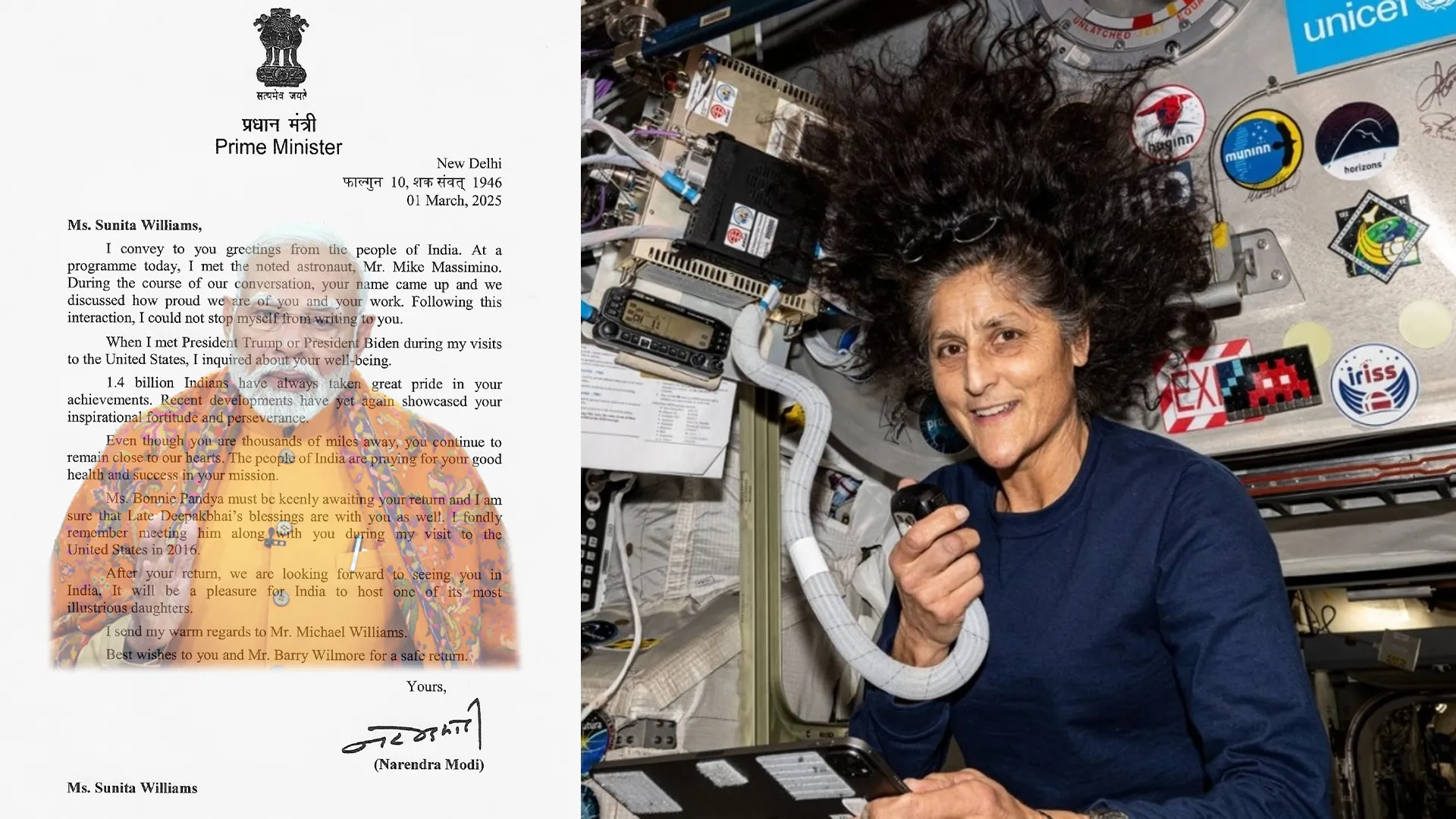Amidst a highly uncertain outlook for the global environment, the Indian banking system has been well positioned to improve further, with better asset quality, high capital adequacy and robust profitability supported by bright prospects for domestic economic activity. The consolidated balance sheet of scheduled commercial banks (SCBs) in 2022-23 expanded by 12.2 per cent, driven by credit to retail and services sectors while deposit growth also picked up, although it trailed credit growth.
The capital to risk weighted assets ratio (CRAR) of SCBs was 16.8 per cent at end-September 2023, with all bank groups meeting the regulatory minimum requirement and the common equity tier 1 (CET1) ratio requirement, states the Reserve Bank of India’s Report on Trend and Progress of Banking in India 2022-23 released on Wednesday.
The report notes that the improvement in asset quality of banks that began in 2018-19 continued during 2022-23 and first half of FY24, with gross non-performing assets (GNPA) ratio at 3.2 per cent at end-September 2023. Higher net interest income and lower provisioning boosted net interest margin (NIM) and profitability in 2022-23. Moreover, the combined balance sheet of urban co-operative banks (UCBs) expanded by 2.3 per cent in 2022-23, driven by loans and advances. Their capital buffers and profitability improved through 2022-23 and Q1:2023-24.
The consolidated balance sheet of non-banking financial companies (NBFCs) expanded by 14.8 per cent in 2022-23, led by double digit credit growth. Profitability and asset quality of the sector also improved in 2022-23 and in the first half of FY24 even as the sector remained well-capitalised. The exhaustive commentary suggests that financial indicators of NBFCs are also set to strengthen further, underpinned by adequate capital, increased provisions and improved asset quality. This financial stability is being underpinned by corporates’ stronger financials and deleveraging of their balance sheets. While the report highlights the resilience of the NBFCs backed by high capital ratios, improved asset quality and robust earnings growth, the RBI flags the need to sustain this improvement through further strengthening of governance and risk management practices and building up of additional buffers.
The Reserve Bank report observes several initiatives taken by the Central bank to bolster sound governance practices in urban cooperative banks, including the appointment of chief compliance officer, chief risk officer and head of internal audit. Harmonisation of guidelines on presentation and disclosures in financial statements issued in October 2022 has, to some extent, addressed the problem of divergence in audited financial statements and assessment made by the Reserve Bank. Guidelines on transfer to/appropriation from reserve funds and disclosures on concentration of deposits, advances, exposures and non-performing assets (NPAs) has brought transparency in financial statements of UCBs.
However, as the report points out, the progress made so far has remained limited as the UCBs face certain inherent challenges like long and continuous tenures of their directors, which needs to be discouraged in accordance with the provisions of the Banking Regulation Act, to avoid vested interests exercising undue influence over the functioning of the board and to facilitate infusion of fresh ideas and perspectives in the Board by induction of new directors. The absence of a comprehensive risk management policy, deficient compliance culture among certain UCBs and constraints in availability of skilled personnel to manage the core banking solution (CBS) and other critical information technology (IT) and database functions are other bottlenecks.






















